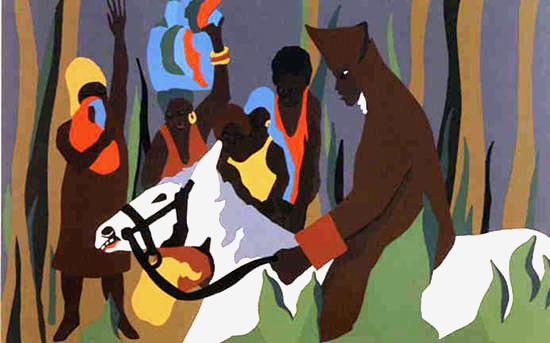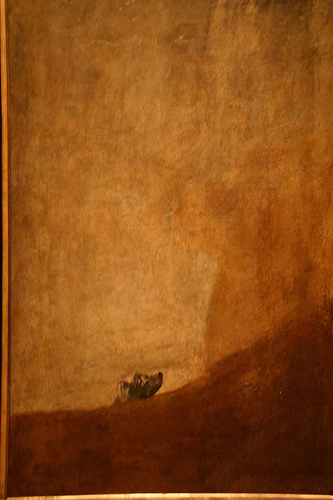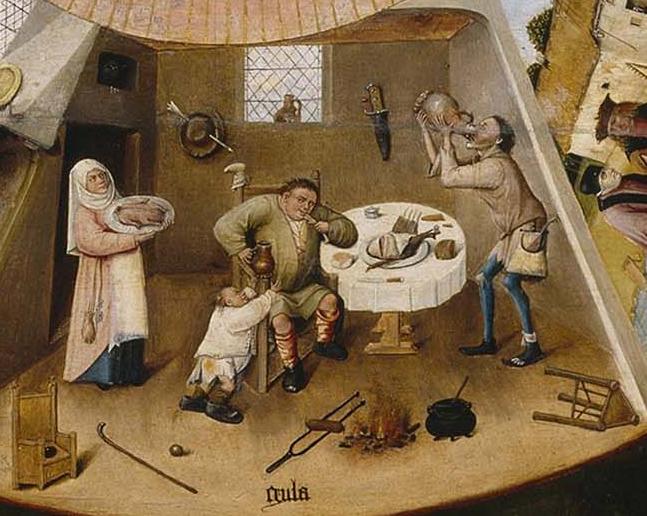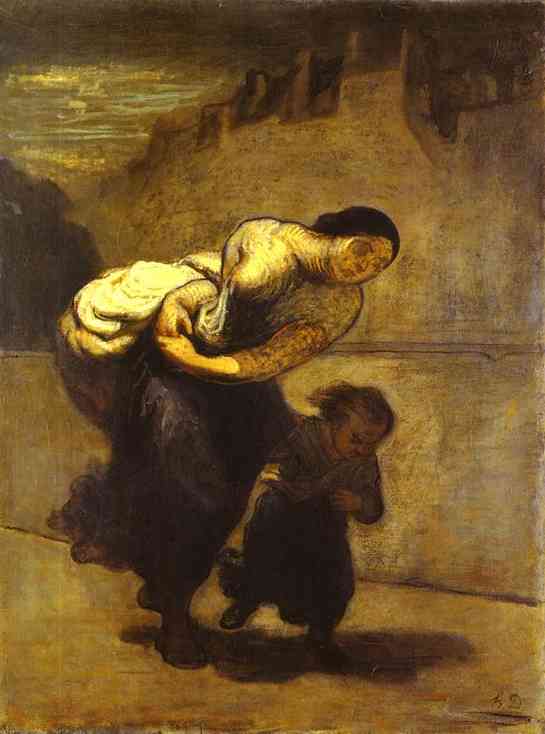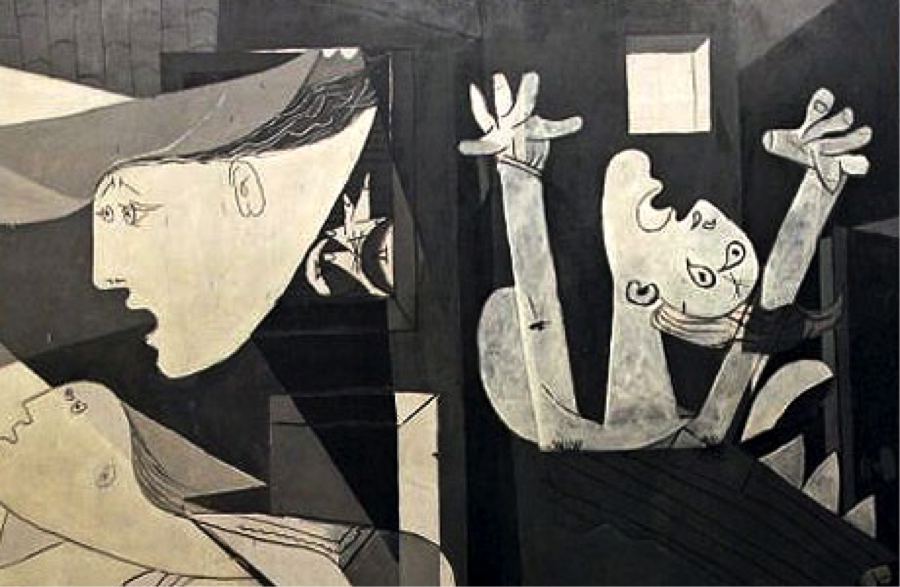As Americans we are awash in the ‘freedom’ to choose; retail opportunities abound. We can select from a teeming cornucopia of entertainment options. We find it difficult to imagine life without the shallow but narcotic ‘liberty’ of channel surfing. We revel in the niche markets created for us because we have the ‘liberty’ to adopt the styles (of life, of clothes, of self expression) that we use to individuate ourselves; to create our personal brand. Thanks to an innovative, entrepreneurial ‘free’ enterprise system, we are deluged with what I will gloss as lower case ‘freedom’ (I will get to ‘Freedom’ later). As long as there are no barriers, we have ‘freedom’. We are free to buy cigarettes (if we are older than 18) and we are free to smoke them (in someplaces and not in others).
Because we have come more and more to define ourselves in terms of these narrow (and primarily commercial) ‘freedoms’, Americans are wont to object strenuously when we encounter any abridgement of our liberty. This very second, some Americans somewhere are outraged about a liberty denied or circumscribed: that they are required to purchase health insurance or can’t smoke in bars or can’t buy pot legally or can’t graze their cattle for free on public land or can’t take their AR-15 to the supermarket. Any political decision abridging a ‘freedom’ can be seen as an embarkation down the slippery slope to statism and slavery.*
The rhetoric of neoliberalism equates the freedom of shopping choice with political freedom; capitalism is talked about as economic democracy. Even a brief look at recent history and the world around us should disabuse of this naive view. The Bush administration and its avatar Paul Bremer were dumbfounded that the laissez faire “free enterprise zone” they created in Iraq failed to unleash Iraqi entrepreneurialism and provide the backbone for Iraqi democracy. A “free” market does not a polity make. The Chinese now have many of the economic ‘freedoms’ that Americans enjoy. No one is stopping the Chinese from buying a Biagio bag or a Mercedes Benz. But the Chinese people do not live in a democracy and do not have a soupcon of the political liberties that Americans or most Europeans enjoy. Capitalism does not a democracy make.
While I am “free” to buy a Meredes Benz, this freedom exists in a particular social, political and economic context. All Americans are ‘free’ to travel around the world; but how many Americans can afford this ‘freedom”? Much of the support that Bernie Sanders, Donald Trump and the Brexiters mustered, comes from the dawning recognition that the government does not care that most of us live from paycheck to paycheck. Of what value is ‘freedom’ if your society has not fostered the kinds of social and economic conditions that allow “freedom” to be meaningful. If you are a poor American you are ‘free’ to stay that way and so are your children:
If you are born into a middle-class family in the United States, you have a roughly even chance of moving up or down the ladder by the time you are an adult. But the story for low-income Americans is quite different; going from rags to riches in a generation is rare. Instead, if you are born poor, you are likely to stay that way. Only 35 percent of children in a family in the bottom fifth of the income scale will achieve middle-class status or better by the time they are adults; in contrast, 76 percent of children from the top fifth will be middle-class or higher as adults.
To borrow a trope from Yeats, surely there is a greater “Freedom” at hand?
*This is a long lived American political meme that Richard Hofstadter dubbed the “paranoid style” of American politics and my Dad used to call “fluoride libertarianism”.

